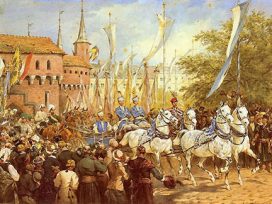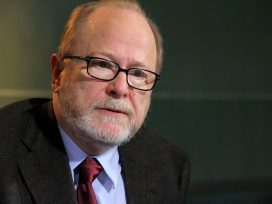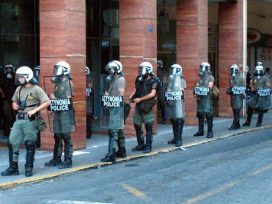The Orphans of '56
Hungarian child refugees and their stories
Of the 200,000 Hungarian refugees who fled Hungary following the Soviet invasion in 1956, close to 20,000 were what is now known to border controls as “unaccompanied minors”. Based on his archival research and the personal testimonies of these people, now in their seventies, historian and former dissident Béla Nóvé traces their life stories.




